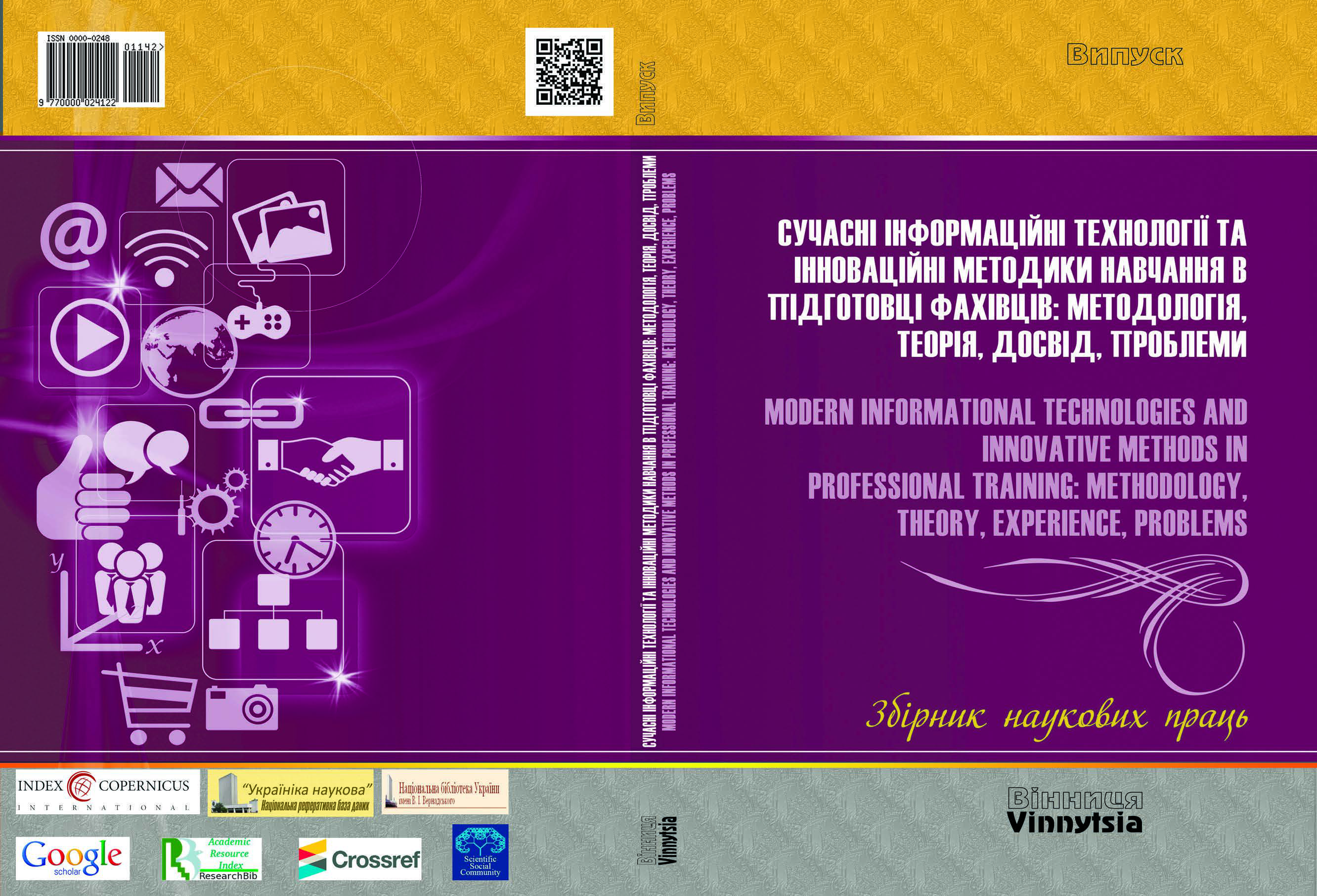DISTANCE EDUCATION AS A COMPONENT OF MODERN LEARNING
DOI:
https://doi.org/10.31652/2412-1142-2024-73-40-45Słowa kluczowe:
distance education; principles of distance education; forms, methods and technologies of distance education; synchronous and asynchronous modes of distance education; problems and conditions of distance education implementation; prospects for the development of distance education in UkraineAbstrakt
The article deals with the essence and features of distance learning as an effective tool for management education. The attention is focused on the methods, forms and modes of distance learning. The purpose of the study is to analyse the main elements of distance learning as an effective tool for management education. The basic principles, advantages and problems of distance learning are clarified. A number of promising directions for the development of distance education in Ukraine are identified. The essence of the category "distance learning" is considered and the main periods of its evolution are revealed. The alternative views of scientists on the essence of distance education and its components are revealed. The modern approaches to understanding the implementation of distance learning as a means of solving a number of urgent teaching tasks, namely, improving the efficiency of students’ learning activities, better organisation of the educational process, using the capabilities of information and communication technologies in the organisation of the educational process, are analysed. The understanding of the introduction of modern distance learning technologies, modern methods of organising the educational process is defined. The importance of distance learning competencies in the globalised world, which is a prerequisite for gaining competitive knowledge, is substantiated. The conditions for the widespread introduction of distance learning in Ukraine and ways to popularise distance education in all academic areas are highlighted.
Pobrania
Bibliografia
Antoniuk O. Menedzhment v osvitianskii sferi: kontseptualni zasady. Personal. 2006. No10. S. 58-66
(in Ukrainian).
Kontseptsiia novoi ukrainskoi shkoly Elektronnyi resurs.. Rezhym dostupu:http://mon.gov.ua/Novyny
/12/05/konczepcziya.pdf. Nazva z ekrana (in Ukrainian).
Nychkalo N. H. Rozvytok profesiinoi osvity i navchannia v konteksti yevropeiskoi intehratsii. Pedahohika i
psykholohiia. 2008. T. 1. S. 57–69 (in Ukrainian). DOI: https://doi.org/10.5771/0490-1606-2008-2-69
Nikulochkina O. V. Rozvytok informatsiinoi kompetentnosti vchytelia pochatkovykh klasiv u systemi
pisliadyplomnoi osvity : dys. ... kand. ped. nauk : 13.00.04. Zaporizhzhia, 2009. 278 s (in Ukrainian).
Ponomarova H. F. Teoretyko-metodolohichni zasady samovykhovannia maibutnikh pedahohiv u protsesi
modernizatsii vyshchoi pedahohichnoi osvity. Naukovi zapysky kafedry pedahohiky. 2018. Vyp. 42. S. 139–145
(in Ukrainian).
Pototska T. Pidhotovka maibutnikh vchyteliv do metodychnoi tvorchosti. Pedahohichni nauky: zb. nauk. prats
Berdians. derzh. ped.. un-tu. 2007. No 1. S. 179–184 (in Ukrainian).
Semenets-Orlova I.A. Suchasni tendentsii upravlinnia aktualnymy osvitnimy zminamy na prykladi zarubizhnoho
dosvidu. Universytetski naukovi zapysky. 2014. No 1 (49). S. 219-226 (in Ukrainian).
Stepanets I. O. Naukovo-metodychna robota u pedahohichnykh VNZ na zasadakh kompetentnisnoho pidkhodu.
Naukovi zapysky kafedry pedahohiky. Kharkiv : KhNU imeni V. N. Karazina, 2014. Vyp. 37. S. 329–336
(in Ukrainian).
Shtefan L. A. Dystantsiina osvita yak forma orhanizatsii navchannia. Psykholoho-pedahohichni problemy
vyshchoi i serednoi osvity v umovakh suchasnykh vyklykiv: teoriia i praktyka. 2 Vyp. 54. S. 92–95
(in Ukrainian)
Pobrania
Opublikowane
Numer
Dział
Licencja
Prawa autorskie (c) 2024 Ірина Іванівна Проценко

Utwór dostępny jest na licencji Creative Commons Uznanie autorstwa 4.0 Międzynarodowe.





